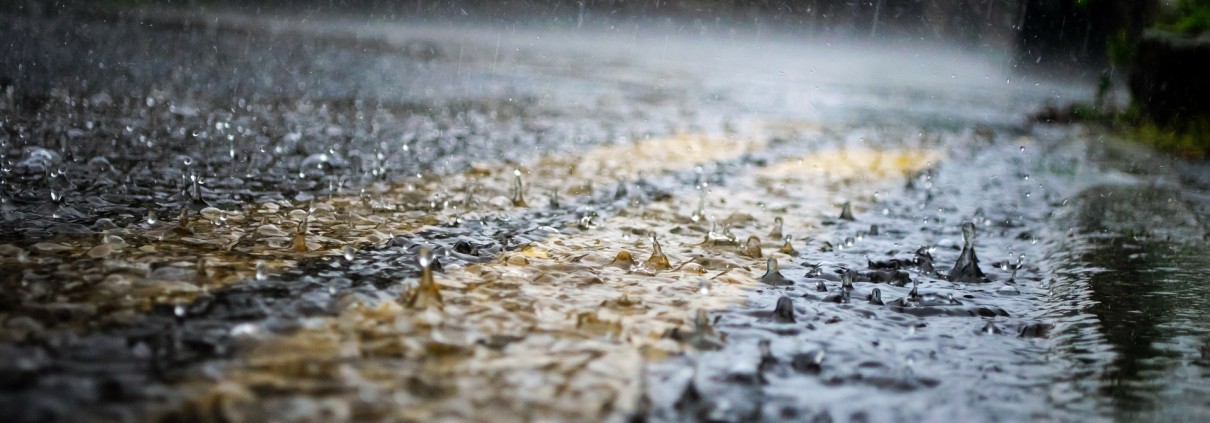Storm Safety Tips For Seniors
Hurricane and Tropical Storm season can be a difficult time to manage without the right plan. The most important thing you can do as hurricane season approaches is to get yourself, your family and your home prepared. Once you are in a storm or one is rapidly approaching, you may find it more difficult to remember all the things that help you and your family stay safe. We wrote this article to provide storm safety tips for seniors or caregivers to consider when preparing for a storm.
When To Prepare For A Storm
It’s always recommended to start early on and before the storm season hits. Starting early has many benefits, such as:
- Gives you time to think about what you need
- Gives you time to make a plan for loved ones in case you are injured or need help
- Avoids the rush at stores
- Provides additional time to ensure you have all the supplies you need
Home Essentials When Preparing For A Storm
Everyone will have individual needs, but below are some of the essential items to consider having available at your home:
- Water
- Food that does not need refrigeration
- First aid supplies
- Batteries
- Matches and candles
- Clothing
- Extra bedding
Storm Evacuation Planning
In the event you need to evacuate due to a storm, consider taking the following actions ahead of time:
- Charge your phone
- Take in lawn furniture
- Put items in water-tight containers
- Put gas in your car
- Put gas in your generator
Tropical storms and hurricanes bring heavy rain and winds that can create damage, as well as block roads and knock out power. Seniors and people with certain health conditions, like those that require medication, need to have a safety plan in place in case an emergency strikes.
Be prepared before, during and after a storm
Steps To Take Before A Storm
Before a storm hits your area you should:
- Know your evacuation routes
- Create a home safety kit which includes;
- Gallon of water per day per person
- Three-day supply of non-perishable food
- Battery-powered radio with extra batteries
- Flashlight
- Whistle
- First Aid Kit
- Garbage bags
- Antibacterial wipes
- Phone chargers
- Duct tape
- Wrench or pliers
- Manual can opener
- Set up a safety room (preferably an interior room without windows)
- Know your area to listen for warnings
- Prepare medications and take all medications with you if you have to evacuate
- Take out cash and fill up your gas tank
Storm Safety Tips For Pets
It’s important to also have a safety plan for your pets during a storm. Below we’ve included some items for you to consider when preparing:
- Make sure your pet is up to date on vaccinations and bring rabies tags to shelter
- Bring any medications your pet is taking
- Make sure your pet has identification and a crate or carrier
- Have a leash
- Keep your pet near and know which shelters take pets
- Have a supply of dry food, water and bowls
- If you live where flood waters may rise, secure a life vest for your pet
You can visit AlleyCat.org for additional pet safety tips.
Senior Safety Tips During A Storm
While the storm is actively hitting your area, seniors should consider the following safety tips:
- Stay alert and know the updates
- Go to a safe part of your home (interior room, under stairs, away from windows)
- Keep your refrigerator cold by turning it on the coldest setting
- Keep in contact with your family and let them know your plan to either stay in place or where you will be evacuating.
- Keep medications close
- Be aware of possible mold growing in damp places
Steps To Take After A Storm
Below are some safety tips to consider for after the storm has past:
- Stay at least 15 feet away from generator fumes
- Contact family as soon as possible
- Drink bottled water until tap water has been cleared to drink
- Be careful of where you step
- Do not drive through standing water
- Be careful of damaged trees and limbs that may fall
If you or your loved one lives in a Senior Living Community, ask about their safety plan for storms. Each community is required to have a safety plan that they can execute to keep residents and staff secure during a storm. Orchard at Athens has such a plan, and we will review it in more detail in a future blog post. If you have any additional questions about storm safety or our safety plan, please contact us. For additional storm safety tips you can also visit ready.gov



